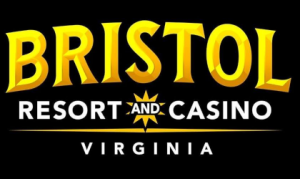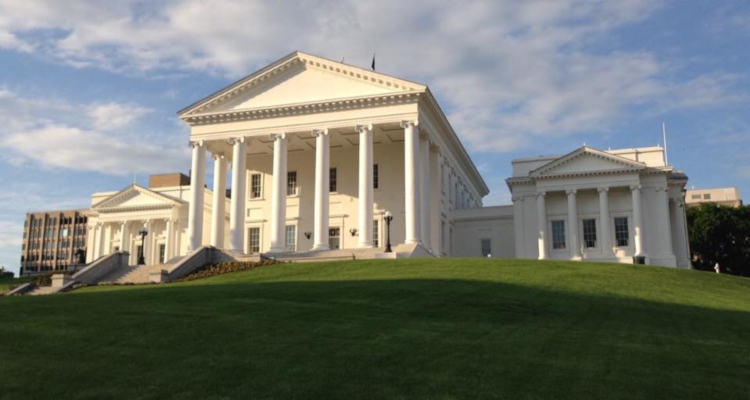The Virginia State Senate has reportedly passed amended legislation that could see casinos authorized for up to five independent cities so long as their local populations have approved of such venues via a referendum.
Legislation’s next step:
According to a Monday report from the Bristol Herald Courier newspaper, the measure passed through the 40-member body by a margin of 28 to twelve and is now set to be put to a vote before the similarly-Republican-controlled Virginia House of Delegates.
Study amendment included:
But, the newspaper reported that the recently-passed legislation now also contains an amendment that would require the Joint Legislative Audit and Review Commission rather than the Virginia Lottery Board to conduct a review before the end of next year into the pros and cons of legalized casino gaming. This provision would prohibit any of the five Virginia communities of Bristol, Richmond, Danville, Portsmouth and Norfolk from conducting their referendums until after the full General Assembly had reviewed the findings of this inquiry and taken action.
Bristol belief:
The Bristol Herald Courier reported that Virginia State Senator, Bill Carrico, co-sponsored the original measure and had hoped that his fellow legislators would have allowed the five communities to hold their referendums at the same time as the study was being conducted. The 57-year-old Republican represents the area around the southern city of Bristol and is purportedly in favor of a plan that would see local businessmen Clyde Stacy and Jim McGlothlin spend upwards of $250 million in order to transform the site of the former Bristol Mall into the new Bristol Resort and Casino.
Carrico, co-sponsored the original measure and had hoped that his fellow legislators would have allowed the five communities to hold their referendums at the same time as the study was being conducted. The 57-year-old Republican represents the area around the southern city of Bristol and is purportedly in favor of a plan that would see local businessmen Clyde Stacy and Jim McGlothlin spend upwards of $250 million in order to transform the site of the former Bristol Mall into the new Bristol Resort and Casino.
Inquiry delay:
However, the Virginia State Senate’s highest ranking Republican, 72-year-old Thomas Norment, reportedly told local television broadcaster, WJHL-TV, that he was in favor of the delay as well as a second clause that would prohibit the Virginia Lottery Board from issuing any casino licenses before July 1, 2020.
Norment to WJHL-TV…
“It just struck me as being rather unusual that we were taking an informative study that was going to have absolutely no bearing whatsoever on informing the voters or informing us as a legislative body what the potential implications of gaming would be in Virginia.”



